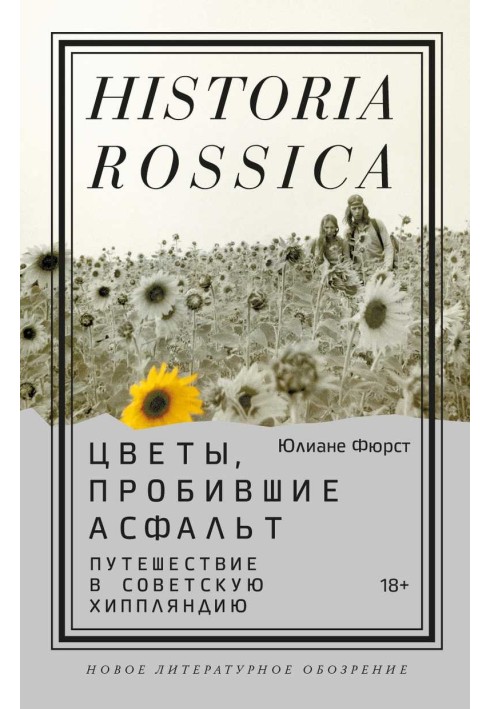Flowers that broke through the asphalt: Journey to Soviet Hippland
 Instant download
Instant download
after payment (24/7)
 Wide range of formats
Wide range of formats
(for all gadgets)
 Full book
Full book
(including for Apple and Android)
Juliana Fürst offers a journey into the underground world of Soviet hippies, who created in the USSR a version of Western counterculture, adapted to the conditions of life in society of the era of late socialism. This is not only a fascinating story of the formation and survival of hippie communities, who were persecuted by the police and vigilantes, placed in psychiatric hospitals by doctors who saw symptoms of schizophrenia in manifestations of nonconformism, but also a story about how the world of hippies and the world of Soviet everyday life entered into a forced dialogue, paradoxically goes well with each other. Ultimately, it was not the KGB, but the advent of capitalism in the 1990s that put an end to “Hippland” in the Soviet Union. Examining the hippie phenomenon in the context of the study of transnational youth culture and globalization processes of the 1960s and 1970s, the author shows how the hippie communities at the heart of the Soviet establishment came together to create an impressive network (“System”) with complex customs and rituals that allowed it to last for more than two decades. The research is based on more than a hundred interviews, declassified intelligence documents and materials from private archives that remained inaccessible for a long time. Juliane Fürst is a historian, head of the department of “Communism and Society” at the Leibniz Center for Contemporary History (Potsdam).
Data sheet
- Name of the Author
- Юлиане Фюрст
- Language
- Russian
- Translator
- И. Косалс











